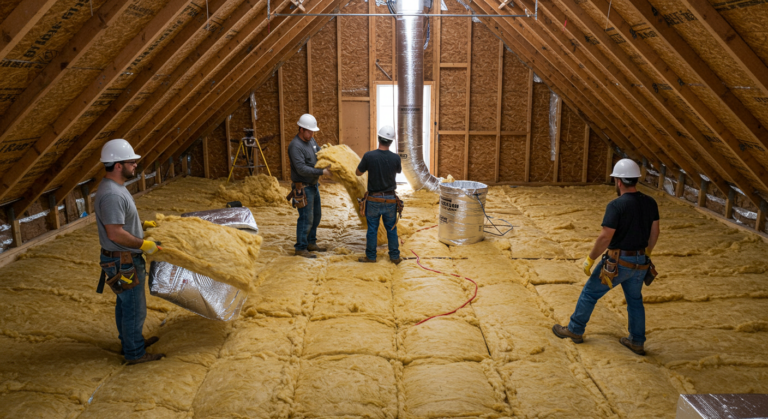Septic System Savvy: The Essential Guide to Choosing and Maintaining Your Septic Pump
When it comes to maintaining a healthy and efficient home, understanding your septic system is crucial. The heart of this system is the septic pump, a device that many homeowners don’t think about until problems arise. This guide aims to provide a clear understanding of septic pumps, how to choose the right one, and essential maintenance tips to prevent common issues.

What is a Septic Pump?
A septic pump is an integral part of your septic system, especially if your septic tank is lower than the drain field or if gravity alone can’t move waste out of your tank. It pumps effluent from the septic tank to the drain field, ensuring smooth and efficient waste management.
Choosing the Right Septic Pump
- Understand Your Needs: The size of your septic tank and the distance to the drain field are critical factors. A professional assessment is recommended to determine the appropriate pump size.
- Type of Pump: There are two main types – effluent pumps, suitable for relatively clean water, and sewage pumps, designed for pumping waste with solids.
- Quality and Durability: Invest in a pump made of high-quality materials for longevity. Stainless steel and cast iron pumps are generally more durable.
Installation Considerations
- Professional Installation: Septic pump installation is complex and should be done by a licensed professional to ensure compliance with local regulations and warranties.
- Alarm System: Installing an alarm system for your septic pump can alert you to potential failures, preventing backups and overflows.
Maintenance Tips for Your Septic Pump
- Regular Inspections: Schedule annual inspections with a septic professional to ensure your system functions correctly.
- Pump Care: Avoid flushing harsh chemicals and non-biodegradable items that can damage the pump and the septic system.
- Cleaning and Service: Have your septic tank pumped and cleaned every 3 to 5 years, depending on usage, to prevent solids from reaching the pump.
Troubleshooting Common Issues
- Pump Failure: Listen for unusual noises or check if the alarm system signals a malfunction. Act quickly to prevent system backups.
- Clogs and Blockages: Be mindful of what goes down your drains. Regularly check for blockages in the pipes.
Conclusion
Choosing and maintaining a septic pump need not be daunting. With the right information and a proactive approach, you can ensure the longevity and efficiency of your septic system. Remember, a well-maintained septic pump is key to a healthy, hassle-free home environment.





